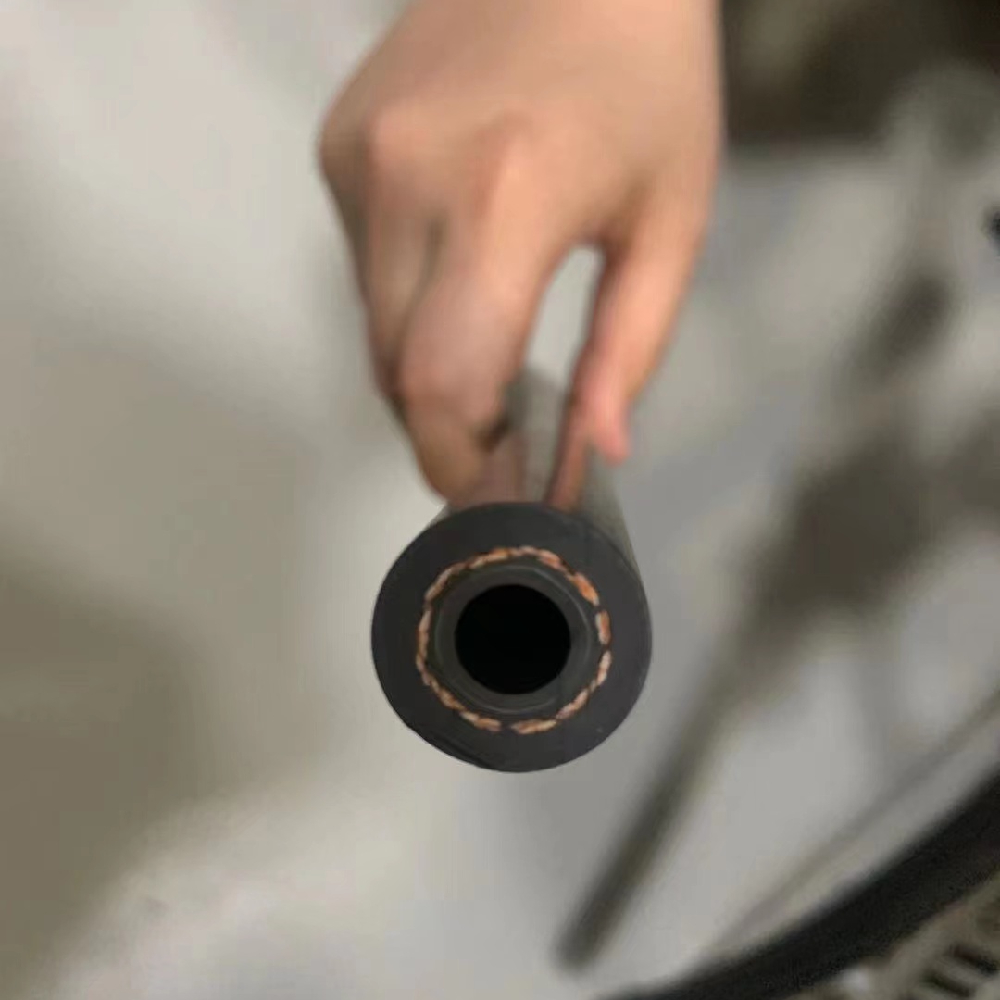car fuel lines
Nov . 12, 2024 04:44 Back to list
car fuel lines
Understanding Car Fuel Lines Their Importance and Maintenance
Car fuel lines are an integral component of any vehicle, acting as the arteries that transport fuel from the tank to the engine. These lines are typically made from durable materials capable of withstanding high pressure and various temperatures, ensuring that fuel flows smoothly and efficiently. Understanding the function, maintenance, and potential issues related to car fuel lines is crucial for any vehicle owner.
The Function of Fuel Lines
Fuel lines are responsible for delivering fuel from the fuel tank to the engine. This process is facilitated by a fuel pump, which pushes the fuel through the lines. Fuel lines can be categorized into two main types supply lines and return lines. The supply line brings fuel from the tank to the engine, while the return line sends unused fuel back to the tank. This cycle is vital for maintaining the car’s performance and ensuring that the engine receives the right amount of fuel under varying conditions.
Materials Used in Fuel Lines
Traditionally, fuel lines were made from steel or copper; however, modern vehicles often utilize rubber or reinforced polymer materials. These newer materials are lighter, more flexible, and resistant to corrosion, making them ideal for today's vehicles. Despite these advancements, the fuel lines still need to be inspected regularly as they can wear out over time due to exposure to heat, pressure, and the chemical properties of the fuel.
Common Issues with Fuel Lines
One of the most common problems associated with fuel lines is leakage. A fuel line leak can be caused by cracks in the material, faulty connections, or corrosion. Signs of a leak include the smell of gasoline, wet spots under the vehicle, and sometimes even a decrease in engine performance. If left unaddressed, a leaking fuel line can pose a significant risk, leading to potential fires and environmental hazards.
Another potential issue is clogging. Over time, debris, dirt, or impurities in the fuel can accumulate in the fuel lines, leading to reduced fuel flow. A clogged fuel line can result in engine stalling or difficulty starting the vehicle. Regular maintenance, including changing fuel filters, can help prevent such issues.
car fuel lines

Maintenance Tips
Maintaining fuel lines is relatively straightforward and can be done through regular vehicle check-ups. Here are some tips to ensure your fuel lines remain in good condition
1. Regular Inspections Have your fuel lines checked during routine maintenance. Look for any signs of wear, cracks, or corrosion.
2. Check for Leaks Regularly inspect the area under your vehicle for any signs of fuel leaks. If you detect a strong smell of gasoline, it’s important to investigate immediately.
3. Change Fuel Filters Replacing your fuel filter regularly will help prevent blockages in the fuel lines by keeping dirt and debris out.
4. Use Quality Fuel Fuel purchased from reputable sources is less likely to contain impurities that can clog fuel lines.
5. Protect Against Weather If you live in an area with extreme temperatures, consider protective measures to shield your fuel lines from the elements.
In conclusion, understanding car fuel lines and the important role they play in vehicle operation is essential for every car owner. By being proactive in maintenance and aware of potential issues, you can ensure that your vehicle runs smoothly and efficiently while minimizing safety risks. Regular check-ups and good fueling habits can go a long way in maintaining the integrity of your fuel lines, and ultimately, the performance of your vehicle.
